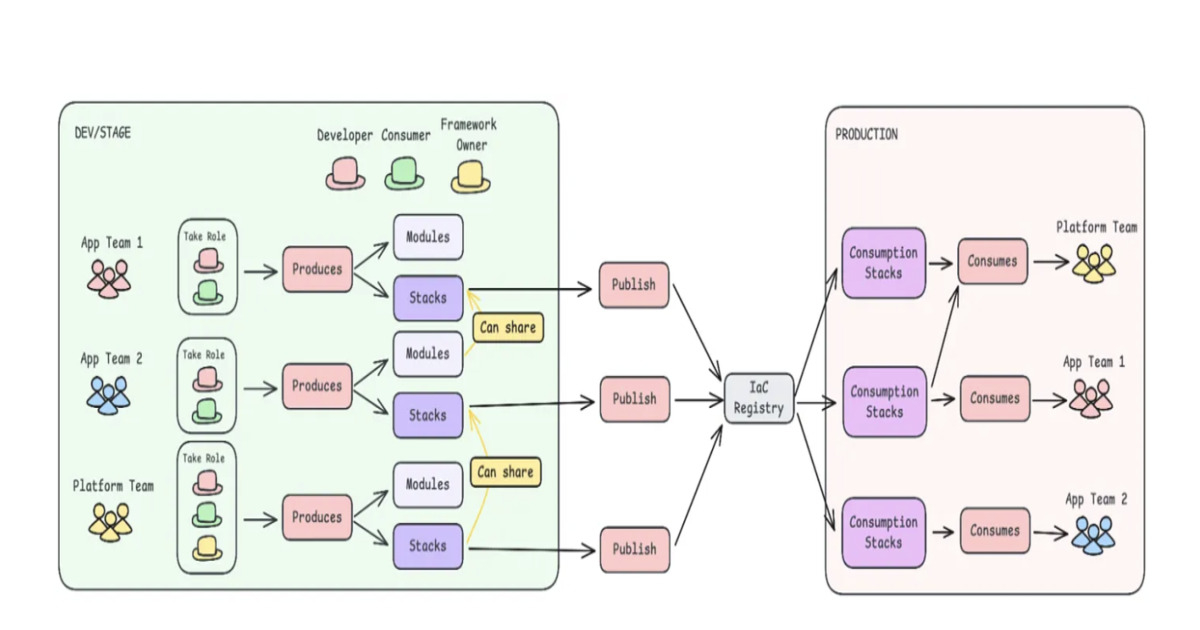Codetown
Codetown ::: a software developer's community
Kotlin Thursdays - Kotlin Koans with Ben Rodriguez Part 2
Kotlin Thursdays: Kotlin Koans with Ben Rodriguez
Part 1 here: https://codetown.com/group/kotlin/forum/topics/kotlin-thursdays-kot...
Welcome, all to another week of Kotlin Thursdays. In this week we are going to dive deeper into Kotlin Koans and like all koans, this one is going to get more difficult. This week we are going to cover default arguments, lambdas, strings and data classes. These koans are a great way to get into functional programming and learn about the kotlin syntax.
Within default arguments, we are going to you will see how kotlin can take declare an argument at the beginning of the function. Using this notation at the beginning of the function for some makes the code easier to read and support. Having the declarations at the top also reduces the lines of code so there is less sifting through lines. I learned how to do this type of declarations earlier and I always preferred that style.
Lambdas are still confusing to me. My first introduction into lambdas was playing with them on Amazon Web Services. I then saw that lambdas popped up in Java 7 and 8. I’m glad I can see them again here. I was a little confused about the “it” convention which confused me. When I read through the function from right to left the use of ‘it” makes perfect sense.
Strings glorious strings yes I sing this out loud often. This koan teaches us about string literals and string templates and how to use them. I weird but for some reason, this koan makes me happy. I think when I started down my Kotlin journey this is where things started making sense to me.
The last koan we explore is the data class. Within the data class koan we see some the readability of Kotlin shine. We are given a class in java and then rewriting the class in kotlin and as you might have guess writing in Kotlin is cleaner.
I hope you enjoy the Kotlin Thursdays episode!
For this walkthrough, you will need to install the EduTools plugin into IntelliJ!
https://www.jetbrains.com/help/education/install-edutools-plugin.html?section=IntelliJ%20IDEA
Here is another overview of what we are doing -
https://www.jetbrains.com/help/education/learner-start-guide.html?s...
Websites and Courses
Think of these resources as supplemental if you happen to be more curious. We always encourage looking into documentation for things you use!
- Udemy “Kotlin for Beginners: Learn Programming With Kotlin”: https://www.udemy.com/kotlin-cou...
- Treehouse ”Kotlin for Java Developers”: https://teamtreehouse.com/librar...
- Pluralsight “Kotlin Fundamentals”: https://www.pluralsight.com/cour...
- Most popular Kotlin projects, libraries and other frameworks: https://kotlinlang.org/docs/reso...,
- Kotlin Koans: https://kotlinlang.org/docs/tutorials/koans.html
- Coursera "Kotlin for Java Developers": https://www.coursera.org/learn/kotlin-for-java-developers
Books
- Kotlin in Action by “Dmitry Jemerov and Svetlana Isakova”
- Hands on Microservices with Kotlin by “Juan Antonio Medina Iglesias”
Tags:
Replies to This Discussion
-
Permalink Reply by Michael Levin on November 15, 2018 at 4:16pm
-
Super! Can’t wait to work through it!
-
Notes
Welcome to Codetown!
 Codetown is a social network. It's got blogs, forums, groups, personal pages and more! You might think of Codetown as a funky camper van with lots of compartments for your stuff and a great multimedia system, too! Best of all, Codetown has room for all of your friends.
Codetown is a social network. It's got blogs, forums, groups, personal pages and more! You might think of Codetown as a funky camper van with lots of compartments for your stuff and a great multimedia system, too! Best of all, Codetown has room for all of your friends.
Created by Michael Levin Dec 18, 2008 at 6:56pm. Last updated by Michael Levin May 4, 2018.
Looking for Jobs or Staff?
Check out the Codetown Jobs group.
InfoQ Reading List
Presentation: What I Wish I Knew When I Started with Green IT

Ludi Akue discusses how the tech sector’s rising emissions impact our global climate goals. Drawing from her experience as a CTO, she explains seven key lessons for implementing Green IT. She shares insights on LCA assessments, the paradox of microservices, and why FinOps doesn’t always equal green.
By Ludi AkueVue Router 5: File-Based Routing Into Core with No Breaking Changes

Vue Router 5.0 has integrated unplugin-vue-router into its core, enhancing file-based routing and TypeScript support. This transition release boasts no breaking changes, simplifies dependencies, and introduces experimental features like data loaders and improved editor tooling. Ideal for Vue.js developers, it positions itself as a bridge to the upcoming ESM-only version 6.
By Daniel CurtisPodcast: [Video Podcast] AI Autonomy Is Redefining Architecture: Boundaries Now Matter Most

This conversation explores why generative AI is not just another automation layer but a shift into autonomy. The key idea is that we cannot retrofit AI into old procedural workflows and expect it to behave. Once autonomy is introduced, systems will drift, show emergent behaviour, and act in ways we did not explicitly script.
By Jesper LowgrenGoogle Launches Automated Review Feature in Gemini CLI Conductor

Google has enhanced its Gemini CLI extension, Conductor, by adding support for automated reviews. The company says this update allows Conductor "to go beyond just planning and execution into validation", enabling it to check AI-generated code for quality and adherence to guidelines, strengthening confidence, safety, and control in AI-assisted development workflows.
By Sergio De SimoneFrom Central Control to Team Autonomy: Rethinking Infrastructure Delivery

Adidas engineers describe shifting from a centralized Infrastructure-as-Code model to a decentralized one. Five teams autonomously deployed over 81 new infrastructure stacks in two months, using layered IaC modules, automated pipelines, and shared frameworks. The redesign illustrates how to scale infrastructure delivery while maintaining governance at scale.
By Leela Kumili
© 2026 Created by Michael Levin.
Powered by
![]()